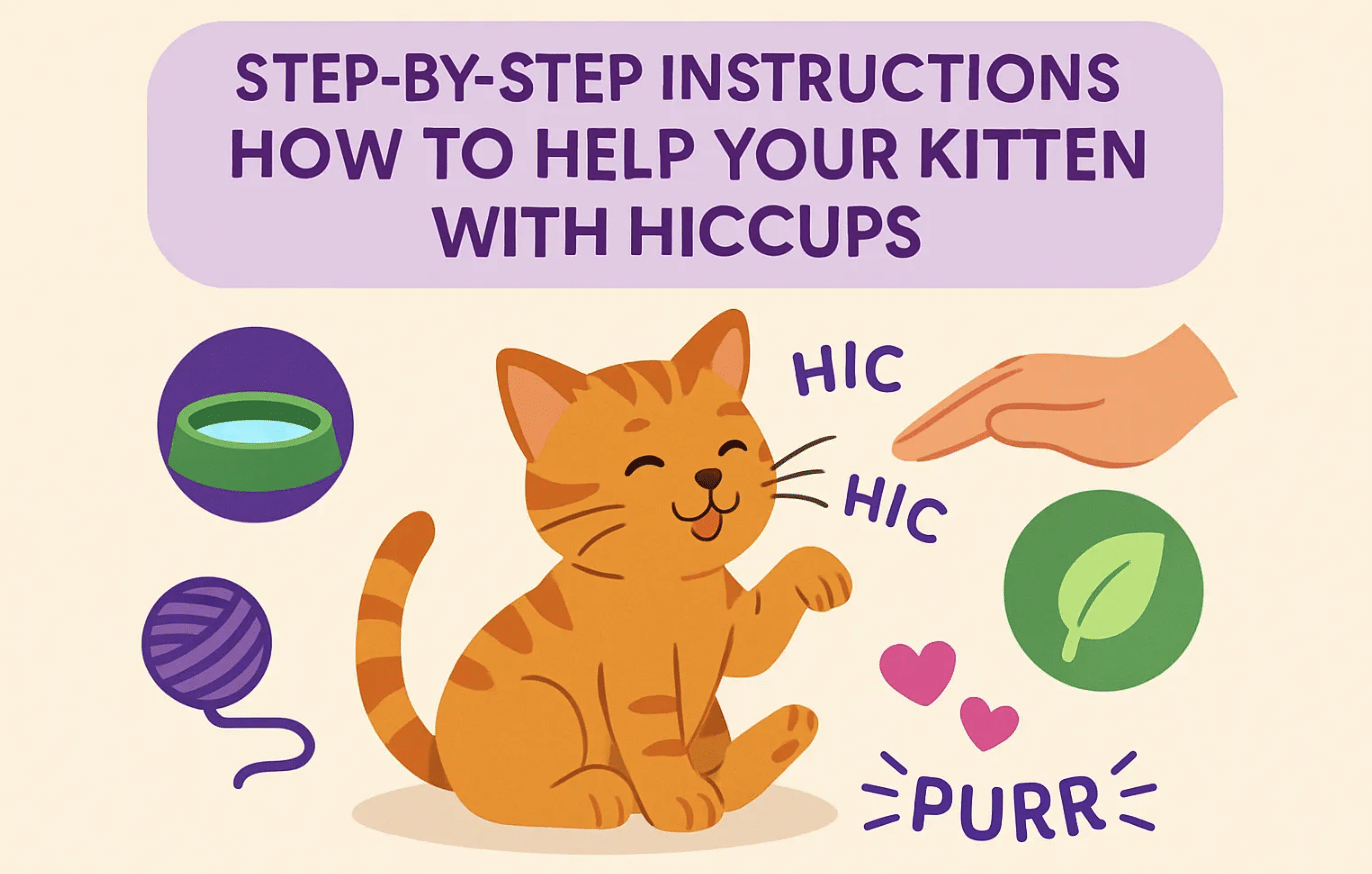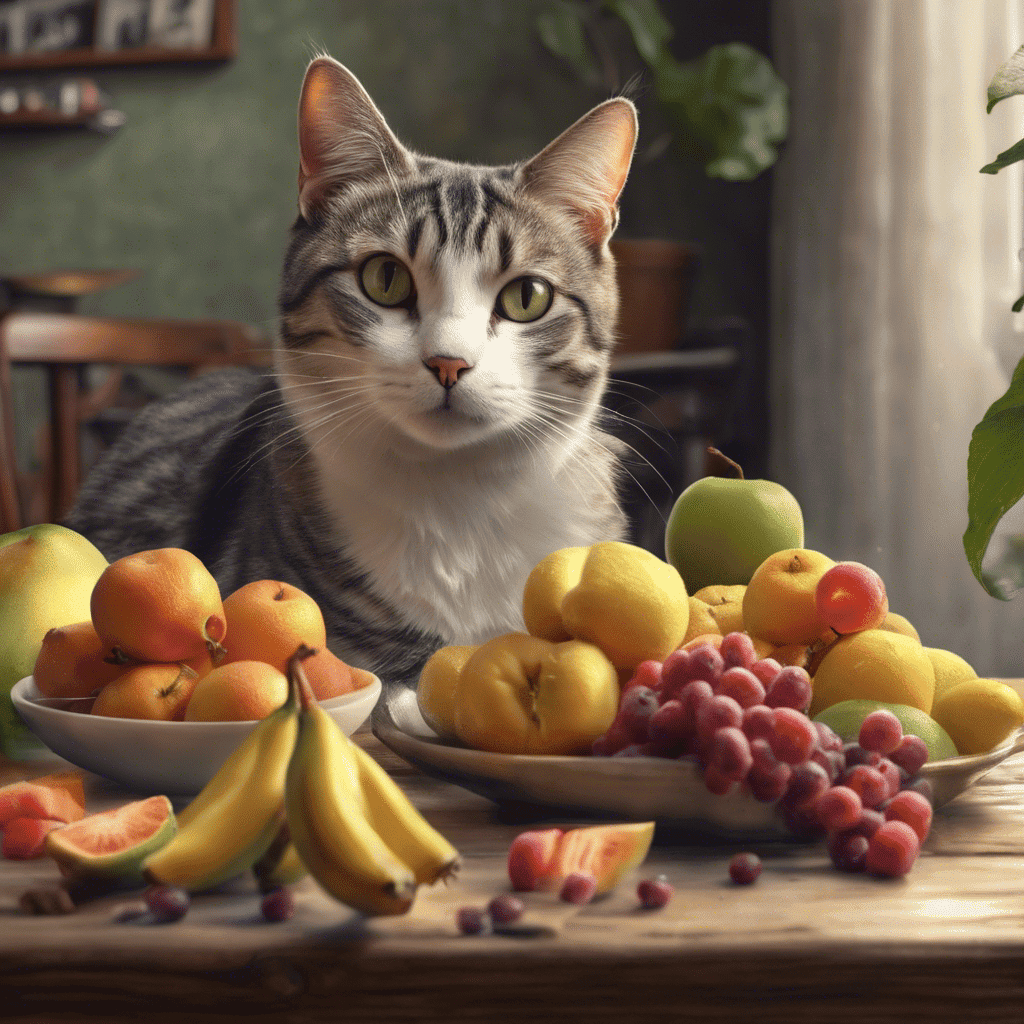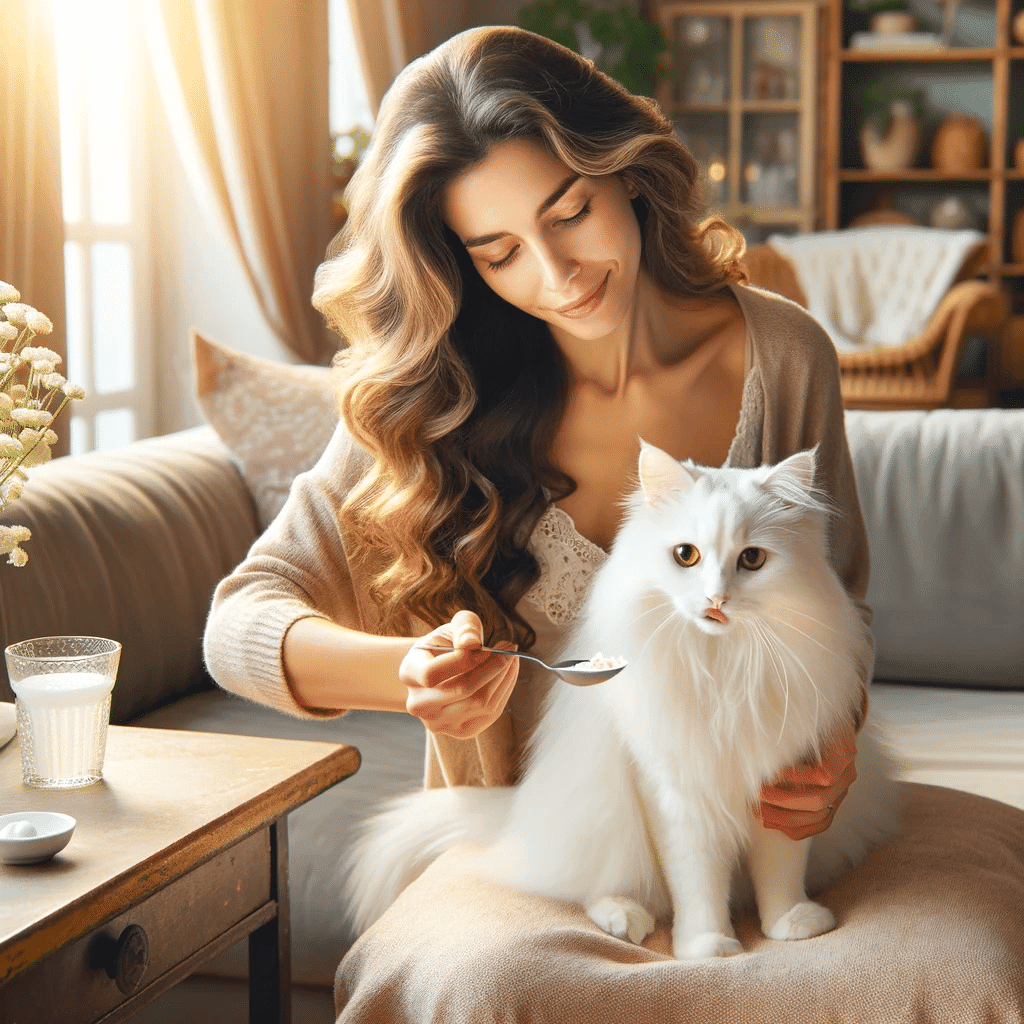
Ever watched a tiny kitten’s hiccups thunder through the house? It’s a perfect reminder that even the smallest paws can share our hiccup‑induced sighs. Those sudden, rhythmic pops usually jump in when a curious cat lunges at a meal, gulping it down or whelping food without chewing—an over‑zealous bite that tightens the diaphragm and triggers a quick, hiccup‑like burst.
But you don’t have to worry! A few step-by-step instructions below can turn that adorable nuisance into stillness. Take these gentle measures and give your kitten the calm they deserve—no more “whoops‑diaphragm!” and lots more cuddles.
What Are Kitten Hiccups and Why Do They Happen?
Causes of Kitten Hiccups
Kitten hiccups occur when the kitten’s diaphragm, a muscle that helps with breathing, becomes irritated. This irritation often results from eating too quickly or swallowing air while eating. Kittens are particularly prone to this because their small size and rapid eating habits make them more likely to gulp down food or water. Hiccups can also happen when kittens experience excitement or stress. These emotions may cause irregular breathing patterns, which can trigger the diaphragm to spasm.
While no specific breed is more prone to hiccups, kittens generally have a sensitive nerve that makes them more susceptible to these episodes.
Symptoms of Kitten Hiccups
You can recognize hiccups in your kitten by observing their behavior. The most noticeable symptom is a rhythmic “hic” sound, often accompanied by slight jerking movements in the chest or abdomen. These movements are usually consistent and may last for a few minutes. Unlike other health issues, hiccups do not cause pain or discomfort. Your kitten will likely continue playing or eating as usual.
However, if the hiccups persist for an extended period, it may indicate an underlying issue that needs attention.
How to Differentiate Hiccups from Other Health Issues
Hiccups are harmless, but some symptoms can mimic them. For example, coughing or wheezing might seem similar but often indicate respiratory problems. Coughing usually sounds harsher and may occur alongside labored breathing or nasal discharge. Pay attention to the duration and frequency of the hiccups. If they last longer than a few minutes or occur frequently, it could signal a digestive or respiratory issue.
In such cases, consulting a veterinarian ensures your kitten’s health and safety.
How to Get Rid of Kitten Hiccups
Step-by-Step Instructions to Stop Hiccups
If your kitten has hiccups, you can try several simple methods to help them feel better. Follow these steps:
-
Offer your kitten fresh water. Drinking water can soothe their diaphragm and stop the hiccups.
-
Slow down their eating. Use a slow-feeder bowl or divide meals into smaller portions throughout the day.
-
Encourage gentle movement. If your kitten is resting, engage them in light play. If they are active, let them relax.
-
Distract them with a new toy or activity. Shifting their focus can sometimes interrupt the hiccup cycle.
-
Monitor their behavior. Look for patterns in when hiccups occur and adjust their routine to avoid triggers.
These steps are easy to follow and can quickly address how to get rid of kitten hiccups.
What You Need to Help Your Kitten
You don’t need much to treat cat hiccups. Keep fresh water available at all times. A slow-feeder bowl can help regulate their eating speed. Toys or interactive activities can serve as distractions.
If hiccups persist, consider hairball treatments or consult your vet for advice.
Adjusting Feeding Habits to Prevent Hiccups
Fast eating often causes cat hiccups. To prevent this, offer smaller meals multiple times a day. Use a slow-feeder bowl to make mealtime last longer. Avoid feeding your kitten immediately after playtime, as excitement can lead to gulping food.
Encouraging Hydration and Offering Water
Hydration plays a key role in how to treat cat hiccups. Cats often prefer running water, so a pet fountain can encourage them to drink—place water bowls away from food to keep the water fresh.
Adding wet food to their diet also boosts hydration.
Gentle Play and Relaxation Techniques
Gentle play can help your kitten relax and reduce hiccups. Use soft toys or engage them in calm activities. If they seem stressed, create a quiet space where they can rest. Relaxation helps regulate their breathing and prevents hiccups from recurring.
When to Seek Veterinary Care for Cat Hiccups
Signs of Serious Health Concerns
Most kitten hiccups are harmless, but some signs may indicate a more serious issue. Watch for symptoms like persistent hiccups lasting over 24 hours, difficulty breathing, or excessive drooling. These could signal underlying problems such as respiratory infections, digestive blockages, or even neurological issues.
If your kitten shows a lack of appetite, lethargy, or unusual behavior alongside hiccups, you should contact a veterinarian immediately.
Hiccups accompanied by coughing, wheezing, or vomiting may also point to health concerns. These symptoms often indicate conditions such as asthma, allergies, or gastrointestinal distress.
Early intervention can prevent complications and ensure your kitten stays healthy.
Potential Challenges in Identifying Underlying Issues
Identifying the root cause of cat hiccups can be tricky. Kittens cannot communicate their discomfort, so you must rely on observation. Some symptoms, like coughing or sneezing, may overlap with other conditions, making it harder to pinpoint the issue.
Additionally, kittens often hide signs of illness, which can delay diagnosis.
Veterinarians may need to perform tests, such as X-rays or blood work, to rule out serious conditions. These procedures can be stressful for both you and your kitten. However, they are essential for identifying and addressing the problem effectively.
Common Mistakes to Avoid When Addressing Hiccups
Avoid ignoring persistent hiccups, as they may indicate a serious health issue. Do not attempt home remedies that could harm your kitten, such as forcing them to drink water or eat unusual foods. These actions can worsen the situation or cause additional stress.
Another common mistake is delaying a vet visit when symptoms persist. Early intervention is crucial for treating potential health problems.
Finally, avoid overfeeding or feeding your kitten too quickly, as this can trigger hiccups and other digestive issues. Focus on creating a calm and consistent feeding routine to keep your kitten comfortable.
Hiccups in kittens are usually harmless and resolve quickly. You can help by offering water, slowing their eating, or encouraging gentle play. Persistent hiccups, however, may need veterinary attention.
To monitor your kitten’s health effectively:
-
Provide fresh water daily.
-
Feed smaller meals to slow eating.
-
Use toys to distract and calm them.
-
Track hiccup patterns to identify triggers.
Staying observant ensures your kitten stays happy and healthy.

In her previous life, Lisa traveled extensively, both for work and leisure. After the pandemic struck, Lisa locked up her luggage and adopted a cat ever since.
Lisa is now an avid cat lover, she devotes most of her free time serving as butler to her adorable feline at home. When she is not with her cat, she can be seen using her phone sourcing for the latest cat supplies online.


